Related Research Articles

Mutz Greenbaum, sometimes credited as Max Greene or Max Greenbaum, was a German-born film cinematographer.

Lya Mara was a Polish actress. She was one of the biggest stars of the German silent cinema.
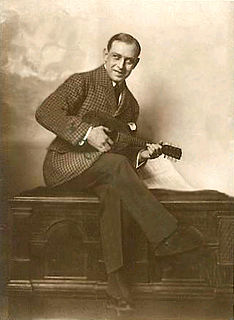
Frederic Zelnik was an Austrian producer, director, and actor. He was one of the most important producers-directors of the German silent cinema. Zelnik achieved success through period operetta films in the 1920s and 1930s.
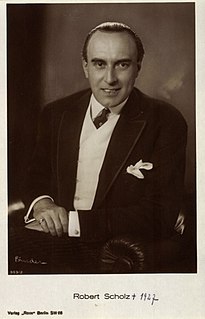
Robert Scholz was a German film actor of the silent era. He appeared in 76 films between 1919 and 1928. He was born in Germany and died in Berlin.
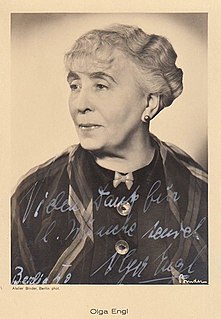
Olga Engl was an Austrian-German stage and motion picture actress who appeared in nearly 200 films.
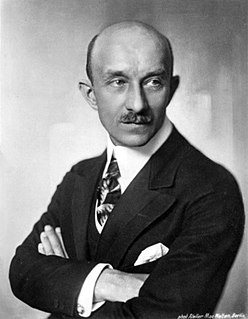
Hans Ferdinand Junkermann was a German actor. He was married to the Austrian actress Julia Serda.
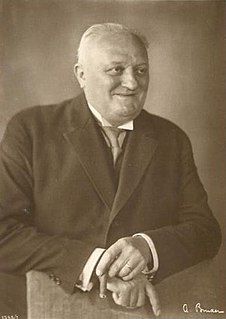
Wilhelm Diegelmann was a German actor.

Ernst Karl Heinrich Hofmann was a German film actor.

Karl Platen was a German actor and cinematographer known for Girl in the Moon (1929) and M (1931).
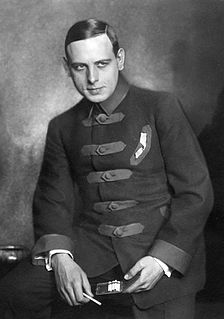
Johannes Riemann was a German actor and film director. Riemann was a member of the Nazi Party.
Paul Rehkopf was a German actor.
Karl Harbacher (1879–1943) was an Austrian actor.

Lotte Neumann was a German film actress, screenwriter, and film producer.

Heinrich Felix Erich Kaiser-Titz was a German stage and film actor.
Robert Liebmann was a German screenwriter.
Lydia Hayward was a British screenwriter and actress who worked on over 30 screenplays between 1920 and 1942. She was particularly active during the 1920s. Hayward has been noted for several of the sophisticated comedy films she wrote for during the decade. She was married to the director Manning Haynes with whom she frequently collaborated, as well as Australian actor William Freshman.
Hermann Picha was a German stage and film actor. Picha was extremely prolific, appearing in over 300 short and feature films during the silent and early sound eras. Picha played a mixture of lead and supporting roles during his career. He played the title role in the 1920 film Wibbel the Tailor, directed by Manfred Noa. He appeared in Fritz Lang's Destiny.
Franz Schroedter was a German art director.

Fanny Hatton was an American playwright and screenwriter known for the works she wrote with her husband/writing partner, Frederic Hatton. The couple, who had many of their works presented on Broadway—were known foremost for their comedies.

Ruth Goetz was a German screenwriter active during the silent era. She was credited on more than 60 films over the course of her career.
References
- ↑ Nelmes & Selbo